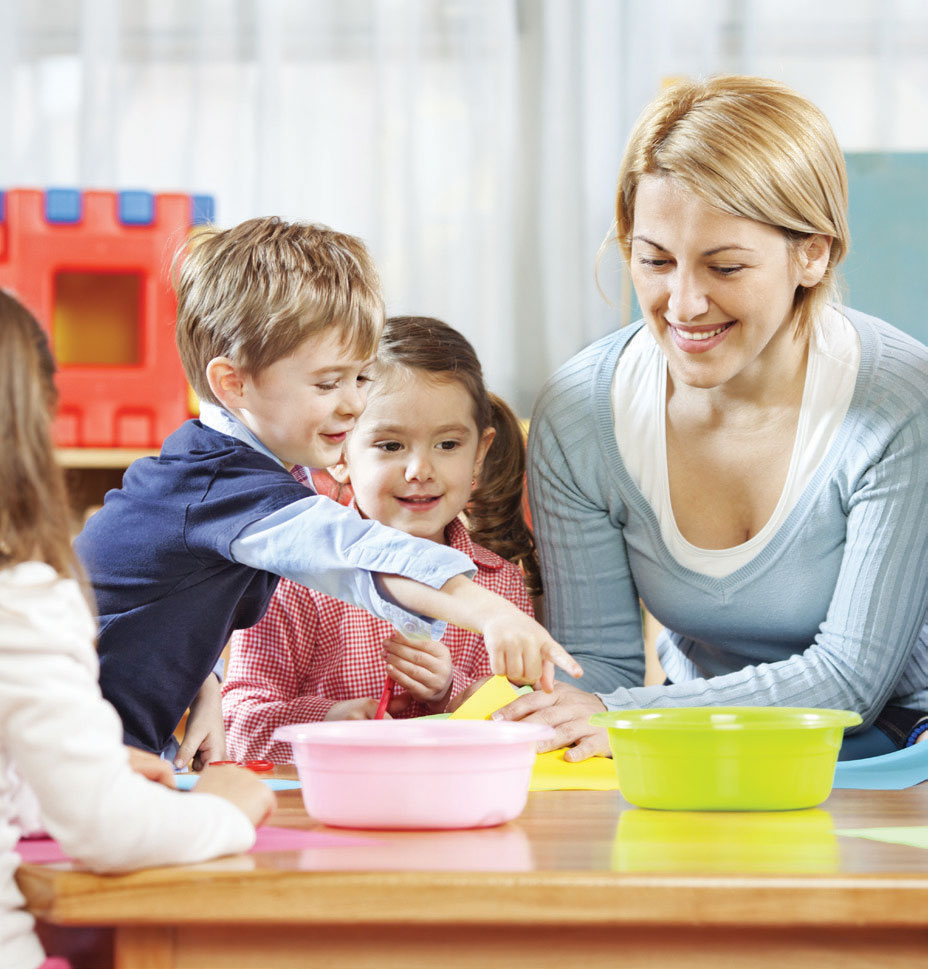Resources
-
Information for Parents and Caregivers: The Importance of Gestures
Early childhood research indicates that the development of gestures from 9-16 months will predict a toddler’s language ability at 2 years old. This is extremely significant because language skills play a very important role in a child’s future academic success. When you are actively nurturing your infant’s and toddler’s gesture development you are also building […]
-
Information for Parents and Caregivers: Language Development Through Everyday Activities
An excellent way to build a toddler’s vocabulary is through their experiences during everyday activities. When an adult takes advantage of moments of shared attention with their toddler, these daily activities can provide a rich source of vocabulary building.
-
Advocacy for Your Child: Seeking Special Education in the Public School System
Do you have concerns about your child’s ability to succeed in school? Are you wondering if your child’s unique needs meet qualification standards for special education? The following sheet will help determine whether your child qualifies for special education.
-
Information for Parents and Caregivers: Temperament
While it is important to avoid labeling, observations can help you recognize your child’s temperament—the innate “way of being” or “personal style” that influences how we experience, interact with, and respond to what goes on around us.
-
Information for Parents and Caregivers: Temper Tantrums v. Meltdowns
Many parents use the terms “tantrum” and “meltdown” interchangeably. However, they are very different. This handout includes telling the differences between the two and tips on how to prevent and ease them.
-
Information for Parents and Caregivers: Sibling Interaction
Parents can have a huge impact on the sibling relationship and can dramatically shift patterns with some intentional focus on themselves, each individual child, and family dynamics.
-
Information for Parents and Caregivers: Resilience
You can help your children develop resilience, the ability to cope with stress and challenges, to learn from mistakes and setbacks, and to recover from adversity, failure, and even trauma.
-
Information for Parents and Caregivers: Positive Discipline Tip Sheet
Positive discipline is an approach developed on the premise of being kind, firm, and respectful toward your child. This tip sheet provides resources, tips, and information on positive discipline.
-
Information for Parents and Caregivers: Executive Functioning Handout
Executive functioning describes the mental skills humans use to solve problems and achieve desired outcomes. Executive functioning skills include goal-setting, identifying and solving problems, making and following plans, adapting to changes, remembering important information, and self-monitoring. This sheet explains the various parts of executive functioning and provides suggested activities you can do at home to […]
-
Information for Parents and Caregivers: Emotion Coaching
Emotion Coaching happens when adults can be compassionate and accepting of a child’s big feelings while at the same time teaching the child how to appropriately express those emotions in a way that allows others to understand and help them.























